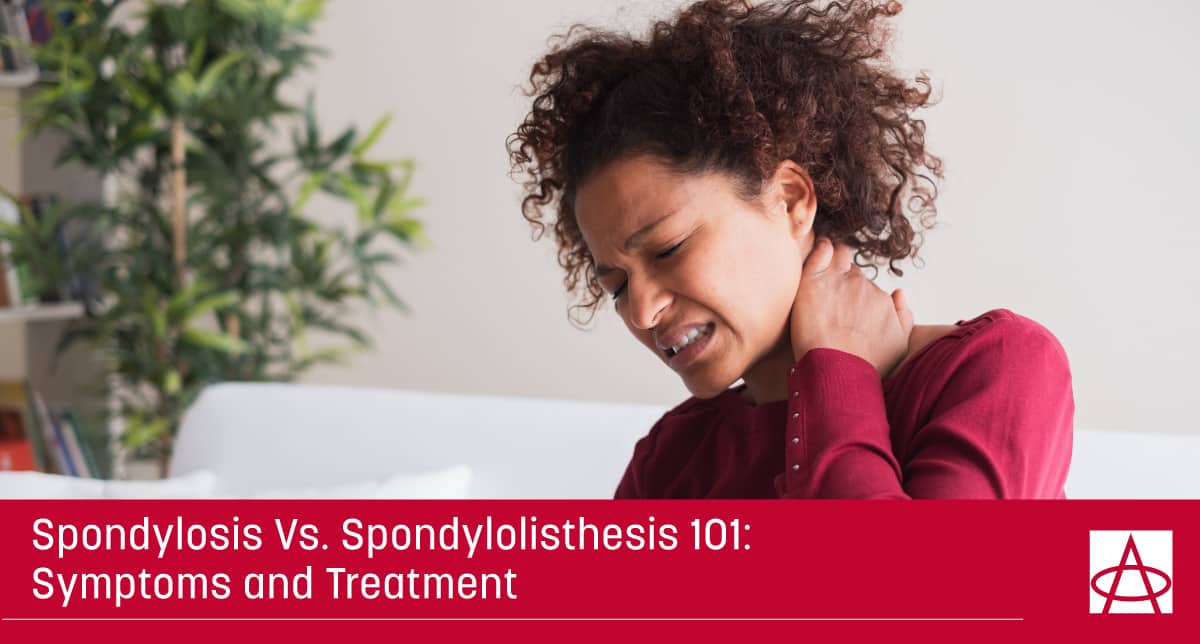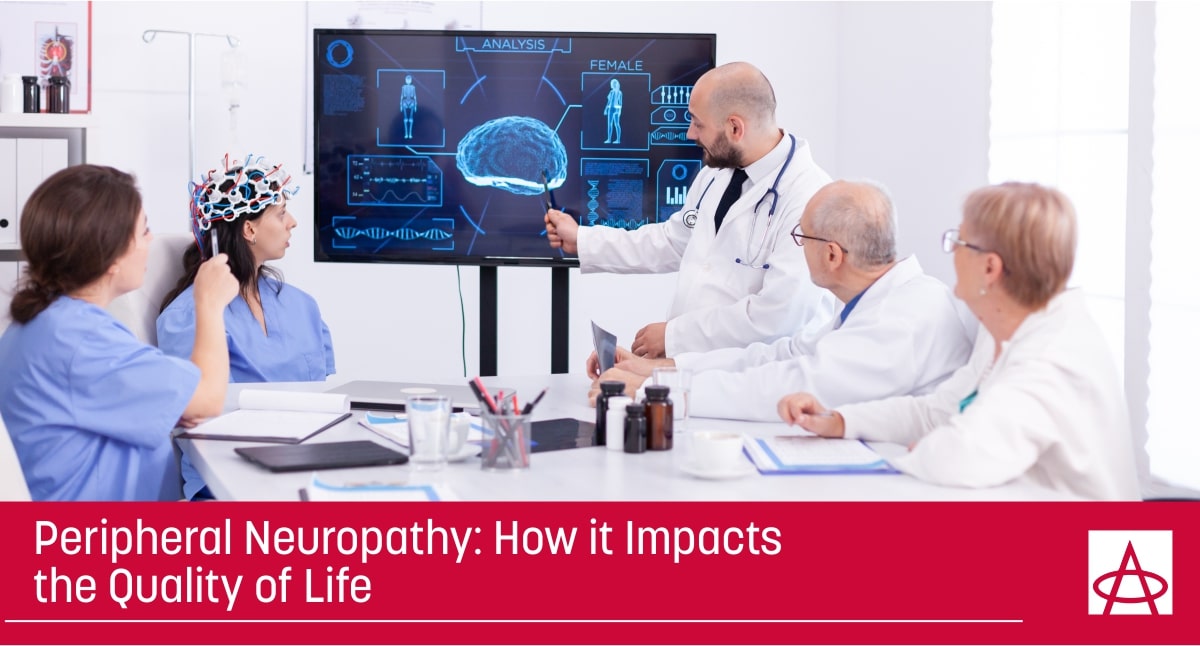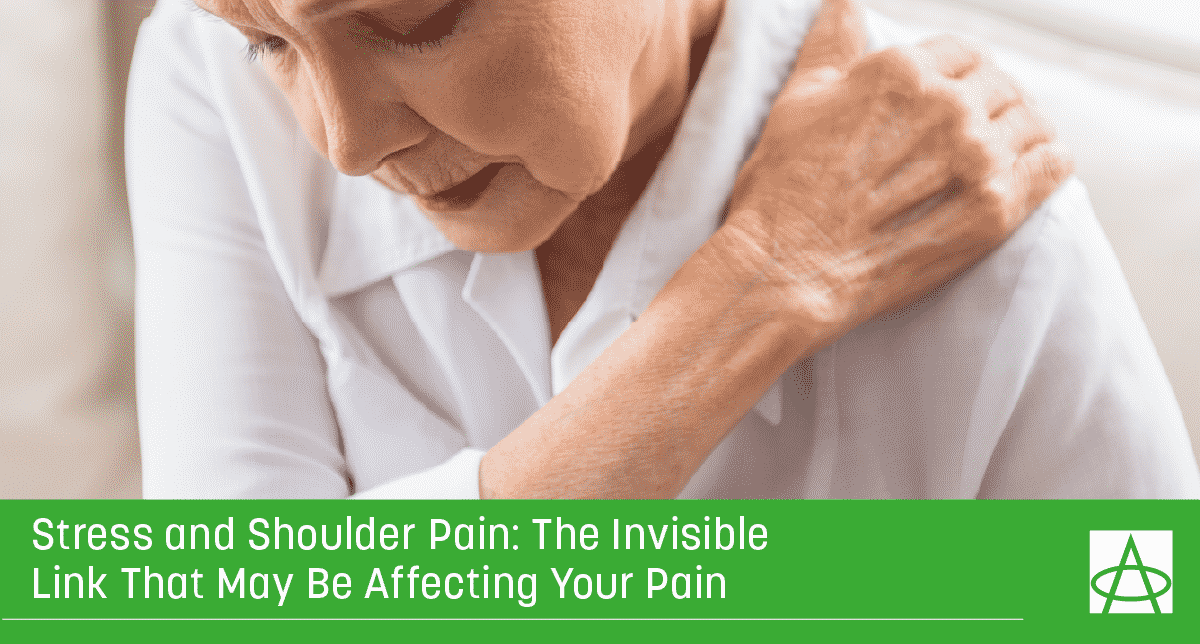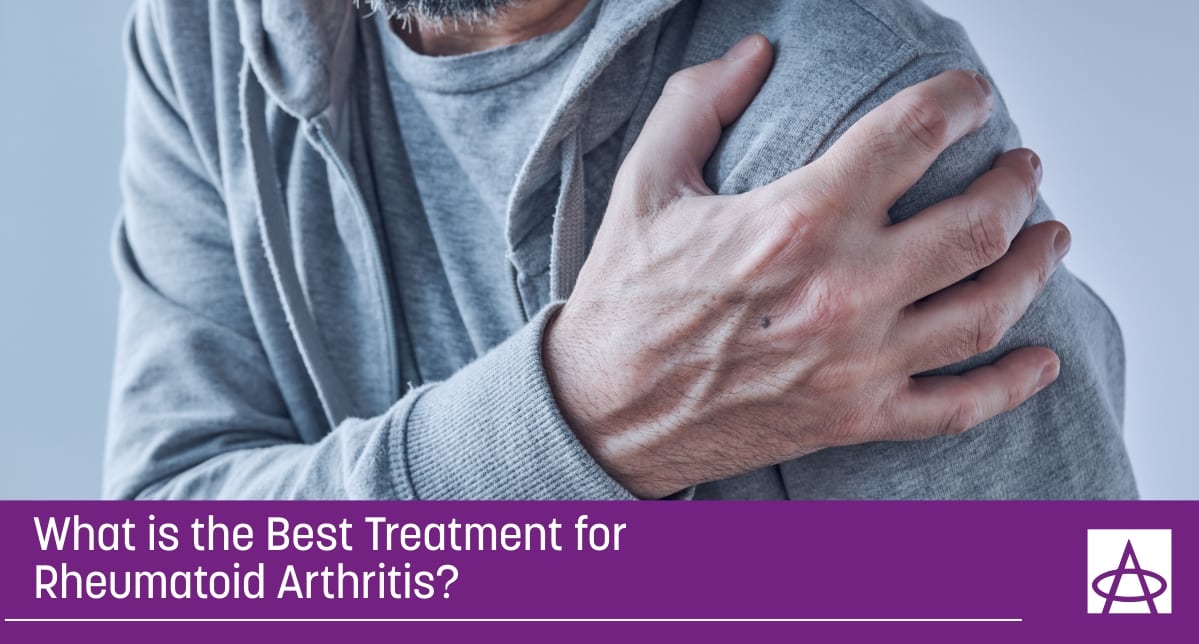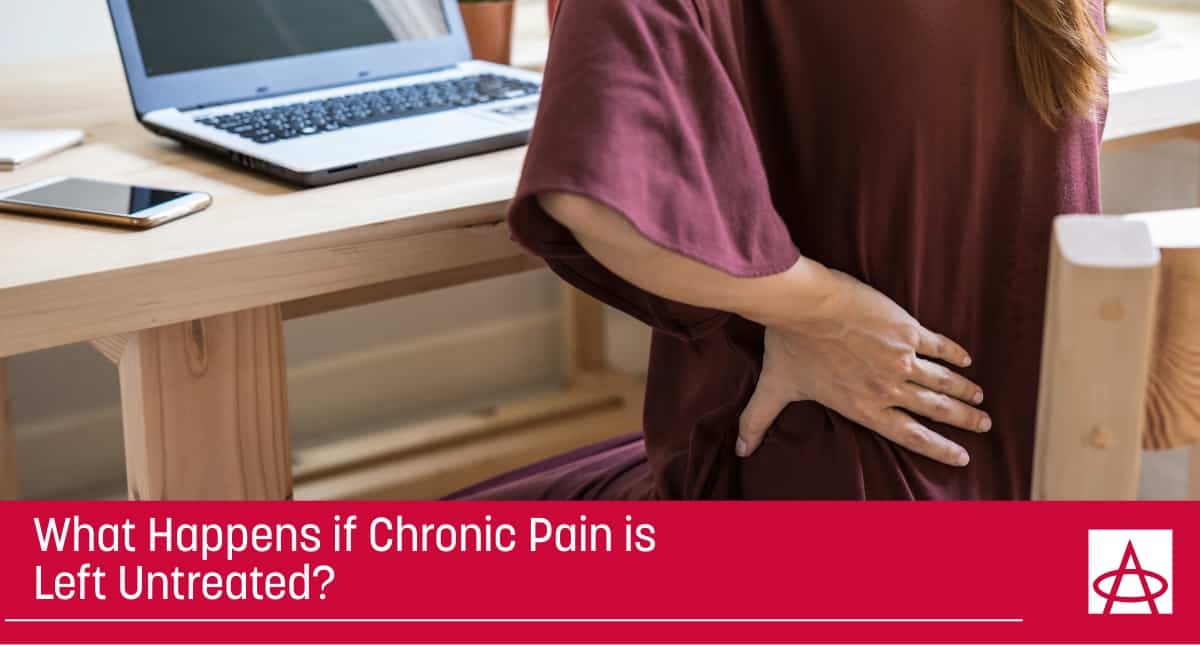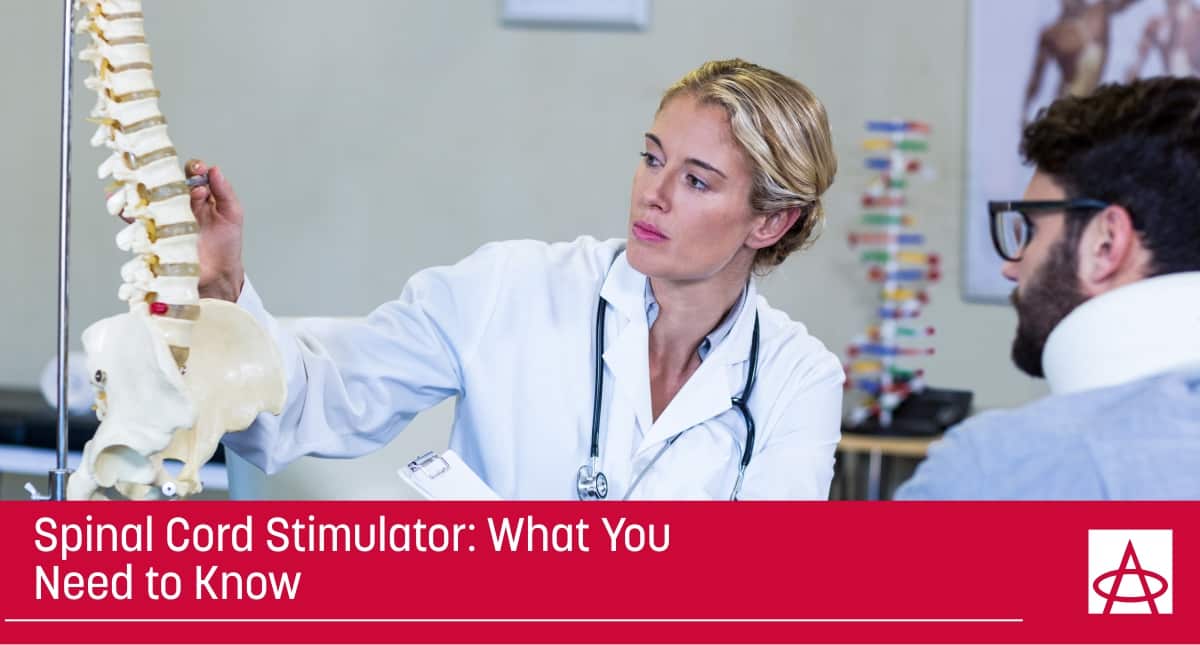What Triggers Migraines and How Can You Manage Them?
By Advanced Pain Care If you’ve been experiencing migraines more than usual lately, you’re not alone. Seasonal changes (yes, even here in mild and pleasant Texas) are one of the many triggers of this impairing head pain. What makes migraines different from regular headaches is the associated symptoms that go along with them. If other ailments like nausea, sensitivity to lights or noise, or dizziness accompany your throbbing head, there’s a good chance you’re suffering from a migraine. The good news is that there are lifestyle changes you can make to reduce the chances of encountering this unpleasant affair. What Does a
Spondylosis Vs. Spondylolisthesis 101: Symptoms and Treatment
By Victor M. Taylor, M.D. DABA Spondylosis is an umbrella term for deterioration of the spinal vertebrae and associated structures particularly the disc and facet joints. Spondytolisthesis is a term used when one of the vertebrae slips forward over another. Causes of Spondylosis and Spondylolisthesis Spondylosis is common and could be considered a normal part of the aging process. Though almost everyone over the age of 50 years old will have some degree of spondylosis, not everyone will suffer from symptoms of the condition. There are many factors in why it could be more severe in some over others. The condition can be strongly
How to Find the Right Orthopedic Doctor for You
No matter the medical issue, knowing which doctor to consult for your condition is important to ensure that you get the right treatment at the right time. Orthopedics is a medical specialization that focuses on conditions involving the musculoskeletal system of the human body and addresses the correction of any spinal and bone deformities. Orthopedic conditions could be short-term, such is often the case with acute conditions affecting the bones, joints, muscles, and nerves. However, they can also manifest as chronic conditions such as arthritis, which requires long-term care. Other orthopedic injuries, often sports-related, affect or damage different parts of the musculoskeletal
What are The Different Types of Orthopedic Surgery?
The persistent pain in bones, joints, ligaments, tendons, and/or muscles can seriously disrupt the everyday movements of the body. As these parts make up the musculoskeletal system, the problems related to them require a special branch of medicine, called orthopedics. An orthopedist or orthopedic surgeon is a doctor specializing in this field. Some may be general orthopedic doctors who can diagnose and treat all types of orthopedic conditions but usually, there are specialties based on different types of body parts - hand, foot, knee, etc. An orthopedic surgeon diagnoses your joint/bone problems and suggests the ideal surgical or non-surgical orthopedic treatment. You
Peripheral Neuropathy: How it Impacts the Quality of Life
Peripheral neuropathy is a condition that affects the nerves outside the brain and spinal cord. As is evident from the name, peripheral relates to anything outside – the brain and the spinal cord (the central nervous system), while neuropathy is a disease affecting the nerves. As a result, the nerves that act as messengers carrying messages to and from the brain and spinal cord to the rest of the body are damaged. Due to this interruption in the communication that is critical for body mobility, muscle movement can become impaired, affecting movement in the limbs and also causing pain. Considering the
What Does Meniscus Pain Feel Like And How Can You Get Relief?
By Advanced Pain Care Meniscus pain is typically sharp and stabbing, and can have an audible or palpable popping or clicking, or even a mechanical locking sensation where the knee literally cannot be moved (called “painful mechanical symptoms”). Meniscus tear pain can make even the most simple tasks feel unbearable, like rolling over in bed, getting out of a chair or car seat, twisting, or squatting and kneeling or crossing the leg. Anyone can experience pain from a meniscus tear, and unfortunately for us all, meniscus tears become more common as we get older. Thankfully, Advanced Pain Care is well-versed in
Stress and Shoulder Pain: The Invisible Link That May Be Affecting Your Pain
By Advanced Pain Care Stress and shoulder pain are more closely linked than you might think. Whether physical stress after a surgery or injury or mental stress–you may find your shoulder pain flares up in tandem with stress levels. As an orthopedist, I think of the shoulder as the glenohumeral joint, which is strictly the ball and socket joint. However, many of my patients are likely to think of a lot of the muscles around the area as a part of the shoulder, from the scapula or shoulder blade to the chest wall and the pecs, and down to the elbow. This
What is the Best Treatment for Rheumatoid Arthritis?
Rheumatoid Arthritis (RA) is one of the most severe joint disorders people suffer from. Unlike other joint problems, this is caused by the “attack” of one’s own immune system, resulting in unbearable pain and inflammation in different joints of the body. While the causes for this autoimmune condition are unidentifiable, it may occur due to factors like age (more common in middle-aged people or the elderly), gender (more prevalent in females), genetics/heredity, infections of the gut or mouth, stress, smoking, etc. RA develops gradually and can affect any region of the body, but it usually occurs in - the hands, fingers,
What Happens if Chronic Pain is Left Untreated?
We all experience occasional pain at some point, owing to a number of factors like - occupation, improper postures, injuries, and so on. Even though we continue to cope with various pain issues and live normally, it not always possible to deal with all of them on our own; especially those that hamper our ability to perform basic physical movements such as walking, standing, running, etc. If you’re experiencing persistent pain in your body, and face difficulties in doing your everyday tasks, this could be an indication of a chronic pain condition. It is different from the usual and temporary type
Spinal Cord Stimulator: What You Need to Know
If the chronic pain in your back (or neck) prompted you to search online for a suitable treatment, you might have come across results for a Spinal Cord Stimulator. It’s important to know if it may be suited for your condition. To help you with this, we’ve listed everything you should know about Spinal Cord Stimulation. Let’s first begin with the basic understanding of what it is and how it works. A spinal cord stimulator (also known as SCS) is a remotely controlled device that treats or manages different types of chronic pain by sending a low-level electrical current to the



